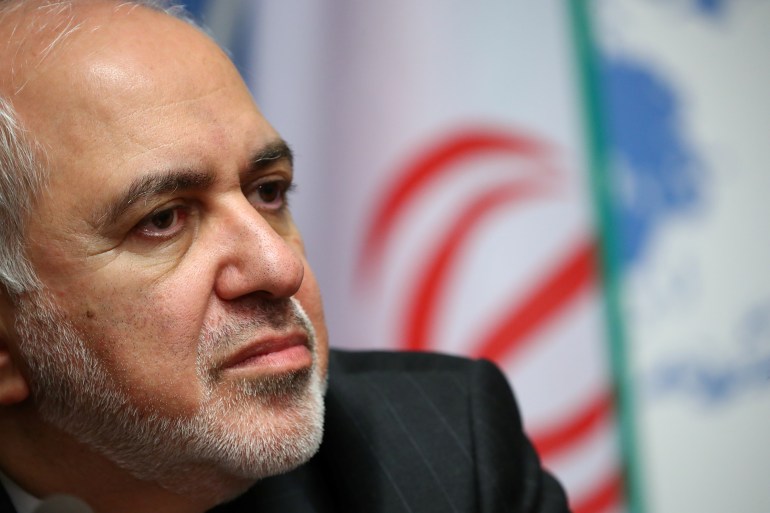The White House said that senior officials from the United States and Israel discussed concerns about Iran at the first meeting of a bilateral strategic group, while Tehran considered that the new US administration did not change the policies of former President Donald Trump.
Views differ on the Iranian nuclear file between US President Joe Biden and Israeli Prime Minister Benjamin Netanyahu.
A spokeswoman for the White House National Security Council, Emily Horne, said that US National Security Adviser Jake Sullivan and his Israeli counterpart Meir Ben Shabat were at the head of the two countries ’delegations during a meeting on Thursday.
"The two sides exchanged views during discussions on regional security issues of common interest and concerns, including the issue of Iran, and they expressed a common determination to address the challenges and threats facing the region," she added in a statement.
The Biden administration portrayed the meeting as part of its efforts to consult with allies and partners as it seeks to lure Iran into talks on returning Tehran and Washington to abide by the 2015 nuclear deal.
An Israeli official said last month that Israel hoped to avoid personal tension between Netanyahu and Biden over their differences over the Iranian nuclear issue, by referring talks on the issue to their senior advisers.
"The National Security Adviser agreed on the importance of strategic interagency consultations and pledged to continue those dialogues," Horn said.
One of the Iranian nuclear plants (Al-Jazeera)
Washington's position
The United States confirmed yesterday that it will not offer unilateral incentives to Iran to persuade it to attend talks regarding the two parties' commitment to the 2015 nuclear agreement.
"We will not offer any unilateral initiatives or incentives to lure the Iranians to sit at the negotiating table," State Department spokesman Ned Price told reporters. Wrong permission. "
Price indicated that Washington would consider taking steps by the parties to resume compliance with the agreement once they sit down to negotiation.
"Only if Tehran sits at the negotiating table ... we will be ready to discuss proposals that will help bring the two parties back to the path of joint commitment to the agreement," he said.
The Iranians and the Americans confirm that they want to save the agreement after the decision of former US President Donald Trump to withdraw from it in 2018 and continue to impose economic sanctions on this country.
But to lift the sanctions imposed on Tehran by the Trump administration, Washington is calling on Tehran to return to implementing the agreement.
And Tehran, which has fallen behind most of the pledges it made in Vienna in response to Trump's decision, confirms that it is ready to return to the terms of the agreement, provided Washington first lift the sanctions that plunged the Iranian economy into a recession, from which the country began to emerge in the second quarter of 2020, according to Iranian official figures.
Zarif: Continuing Trump's policy will not achieve a diplomatic breakthrough (Reuters)
Respond and criticize
Yesterday, Iranian Foreign Minister Javad Zarif criticized the failure to change the policy of "maximum pressure" on Iran adopted by the government of Donald Trump, warning that this would not achieve any diplomatic breach.
Iranian Foreign Minister Mohammad Javad Zarif wrote on Twitter: "The United States affirms that it favors diplomacy and not Trump's failed policy of" maximum pressure ".
"But (US Secretary of State Anthony Blinken) is bragging about preventing South Korea from diverting our money (to allow Iran to buy) food and medicine."
Zarif was responding to statements made by Blinken on Wednesday, in which he stressed that Washington does not intend to allow some countries, such as South Korea or Iraq, to spend billions of dollars of Iranian assets frozen due to US sanctions, before Tehran fully re-implements the Iranian nuclear agreement concluded in Vienna in 2015. .

